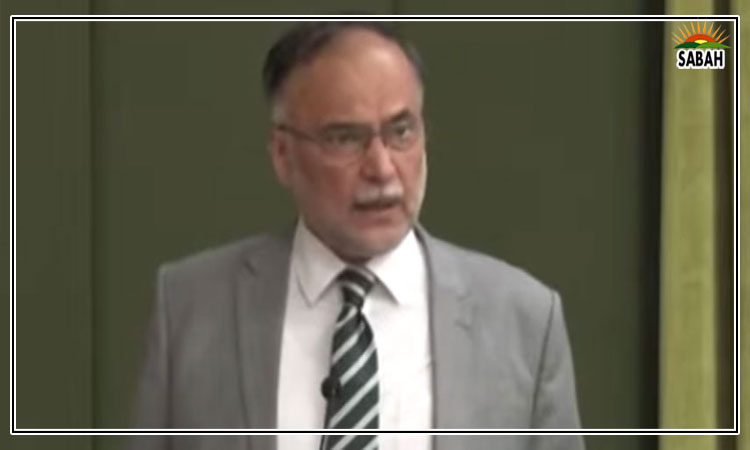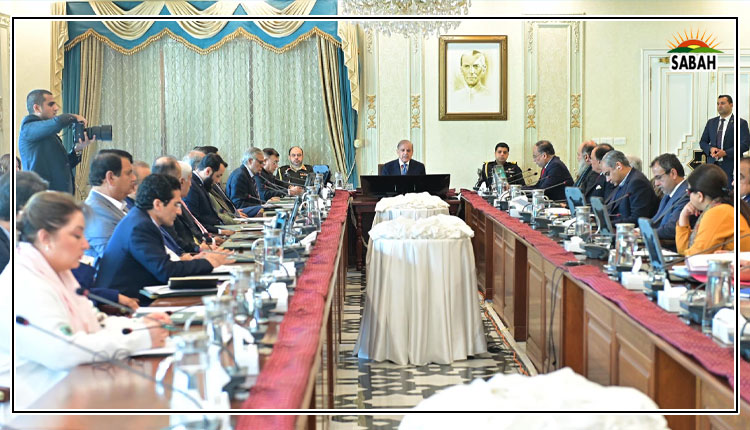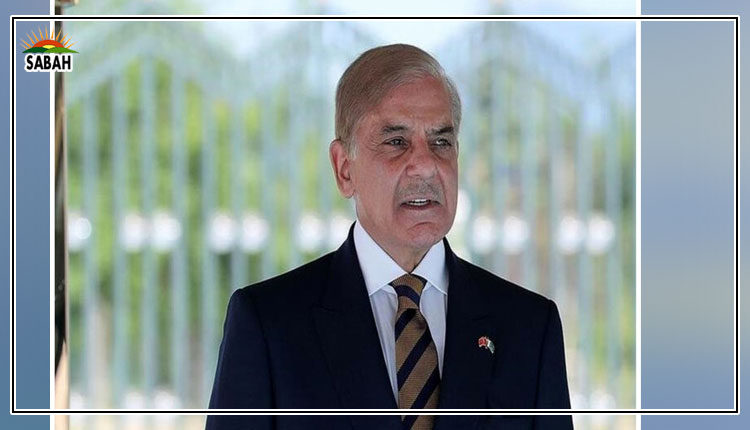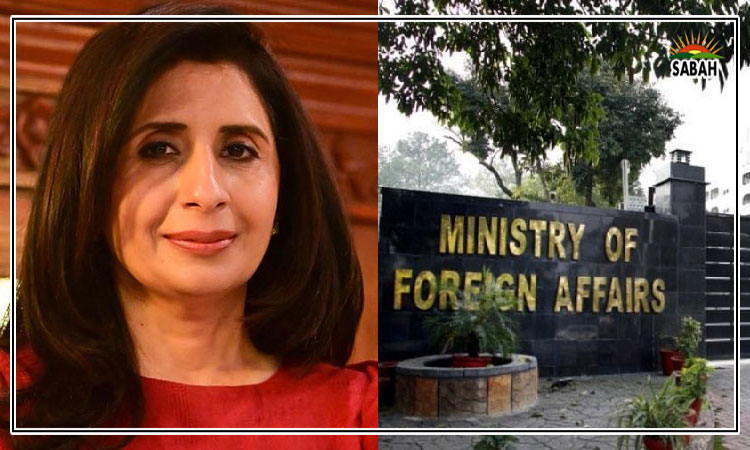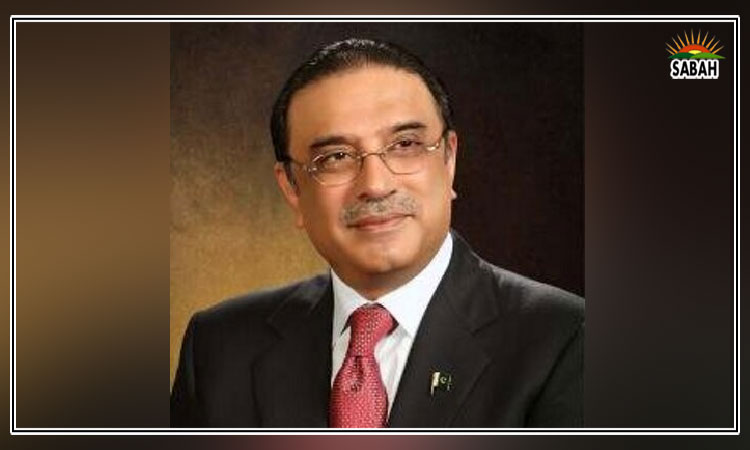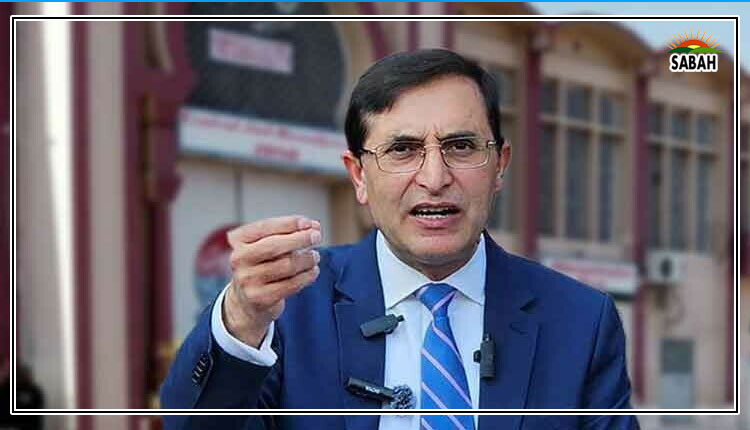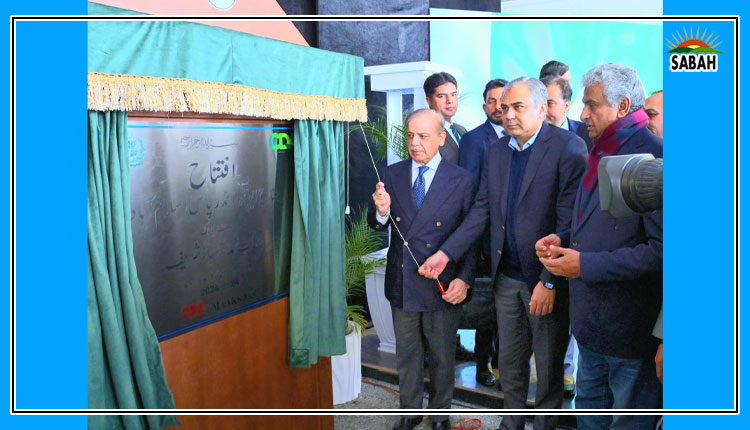Democracy’s toughest test…Dr Pervez Tahir
Pakistans democracy has faced many tests, but the one starting with the VONC in April last year is turning out to be the toughest so far. Paradoxically, two perfectly constitutional moves, the first ever successful VONC and the first ever dissolution of two out of four provincial assemblies, have led to a constitutional crisis. Constitutions focus on broad principles to ensure general applicability in changing circumstances. This works fine in countries where a set of values and norms govern behaviour, while institutional strength protects the spirit of the constitution. Not so in our case, sadly. If not specifically mentioned in the constitution, even the most obvious leads to acrimony and long drawn out legal battles. Political class, whose first task should be to jealously guard the supremacy of parliament, is too polarised to develop a consensus and legislate accordingly. Unfortunately, the roots of this polarisation go back to its own readiness to concede space to extrapolitical forces for narrow ends. In the past, the strongest institution in the country forced political solutions to keep the system running. Its present stance to stay away has made things messier, as the political class is failing to reoccupy the space ceded over the years. This stance has also weakened the judiciary that relied on its support for enforcing its interpretations of the constitution. One is witnessing the unusual spectacle of one part of the political class sitting in the parliament attacking judiciary for meddling into the affairs of the executive and the other part out of the parliament suspecting a collusion between the ruling alliance and the establishment. Worst of all, judiciary itself seems to be divided along political lines.
In a large measure, the coalition has brought upon itself The Wrath of Khan by its mishandling of the economy. Except for inflation, all economic indicators are heading south. The nine-month CPI stands at 27.3%. In the 35.4% increase of CPI in March, 20.5 percentage points were contributed by food. Fiscal deficit is completely out of control. Current account deficit is artificially compressed with the worst impact on manufacturing growth and jobs. Global liquidity crisis and domestic credit crunch is seriously hitting private sector activity. Forecasts of GDP growth are abysmally low. Economic stability was sold as a pre-condition for political stability. Early elections were ruled out as their conduct would detract from fixing the structural flaws in the economy. It is the reverse now. A stable government with a five-year mandate to take hard decisions is perhaps the only way out of the present economic conundrum. The foot-dragging by the IMF and friendly countries is unmistakably pointing in this direction.
Despite the court order and the announcement of the schedule by the Elections Commission, the road to elections is still not clear. A full court decision would have eased the transition. There is still time to repair the damage. The coalition government wants provincial and national elections on the same date. Shorn of rhetoric, the PTI ultimately wants the same as the target is the PM House. The difference is on the date. Insistence by the coalition government to wait until October is in the hope to regain some lost political capital, mainly by improving the economy. This is hoping against hope as the economy is in a bad shape and is only likely to get worse with the uncertainty contributed by the elections fever in the largest province.
Let the general elections be held sooner than later. Political problems should be resolved politically. Who knows it better than the seasoned politicians in the coalition.
Courtesy The Express Tribune



